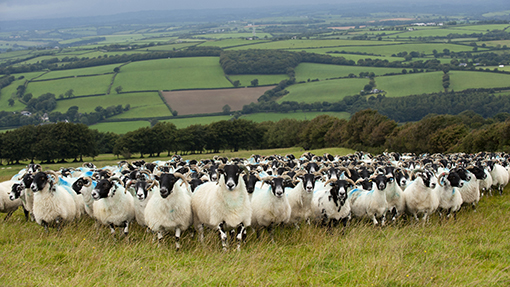Scottish farms could pay higher land tax

Farms in Scotland sold for more than £350,000 could be subject to a 4.5% land and building transaction tax (LBTT) under proposals from the Scottish government.
Agricultural properties that sell for between £250,001 and £500,000 are subject to a 3% stamp duty land tax (SDLT), but under new proposals, the banding for this level of tax would be reduced to between £150,000 and £350,000.
This would make farming properties worth more than £350,000 subject to a 4.5% LBTT on sale, compared with the current rate of 4% SDLT for farms and land selling for more than £500,000.
See also: Consider tax before signing land to solar leases
The proposed rates are subject to scrutiny by the Scottish Parliament and if passed, will apply from 1 April 2015.
The impact on Scotland’s rural sector would be far less dramatic than the prime residential property market, said Savills’ head of farms and estates Charles Dudgeon,
“It is encouraging that, like commercial property transactions, high value farms and estate sales are not being overly compromised by the new tax,” said Mr Dudgeon.
“The Scottish rural market already offers incredible value for money and the relatively minimal rise of 0.5% will not impact buying decisions unduly.
“Whether you are buying grade A arable land or a diversified rural estate, there is no reason for panic; the Scottish rural market continues to be robust.”
| Stamp duty land tax (SDLT) rates for non-residential properties | |
|---|---|
| Farm/commercial property value of sale | Tax rate |
| Up to £150,000 | Nil |
| £150,001 – £250,000 | 1% |
| £250,001 – £500,000 | 3% |
| More than £500,000 | 4% |
| Proposed land and building transaction tax (LBTT) for Scotland | |
|---|---|
| Farm/commercial property value of sale | Tax rate |
| Up to £150,000 | Nil |
| £150,000 – £350,000 | 3% |
More than £350,000 | 4.5% |
